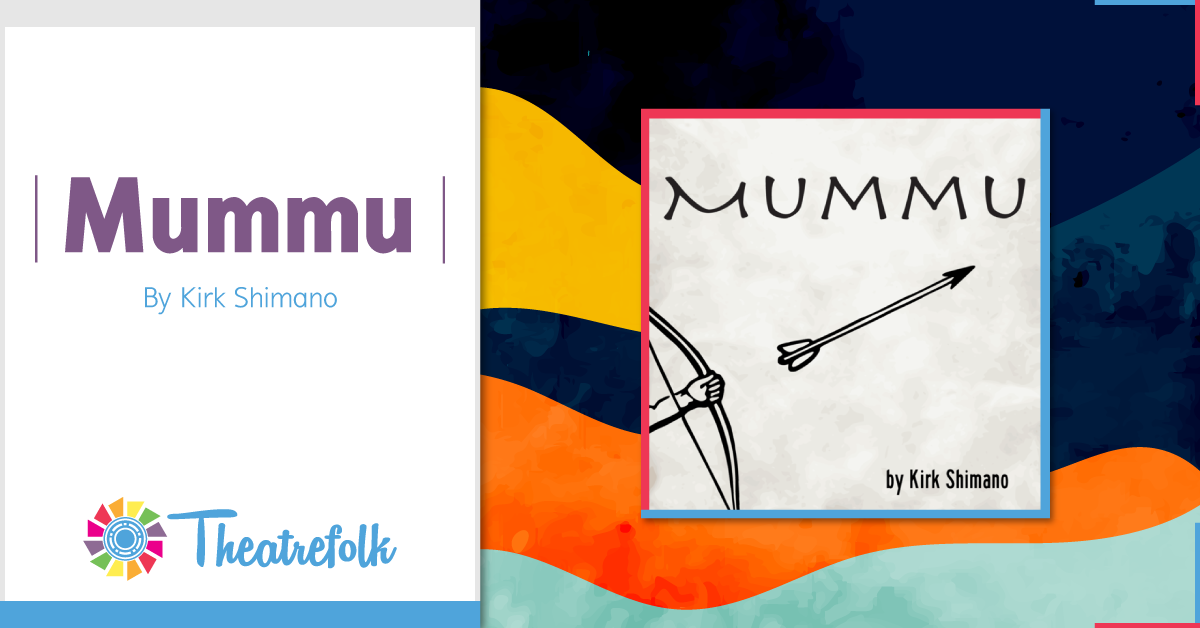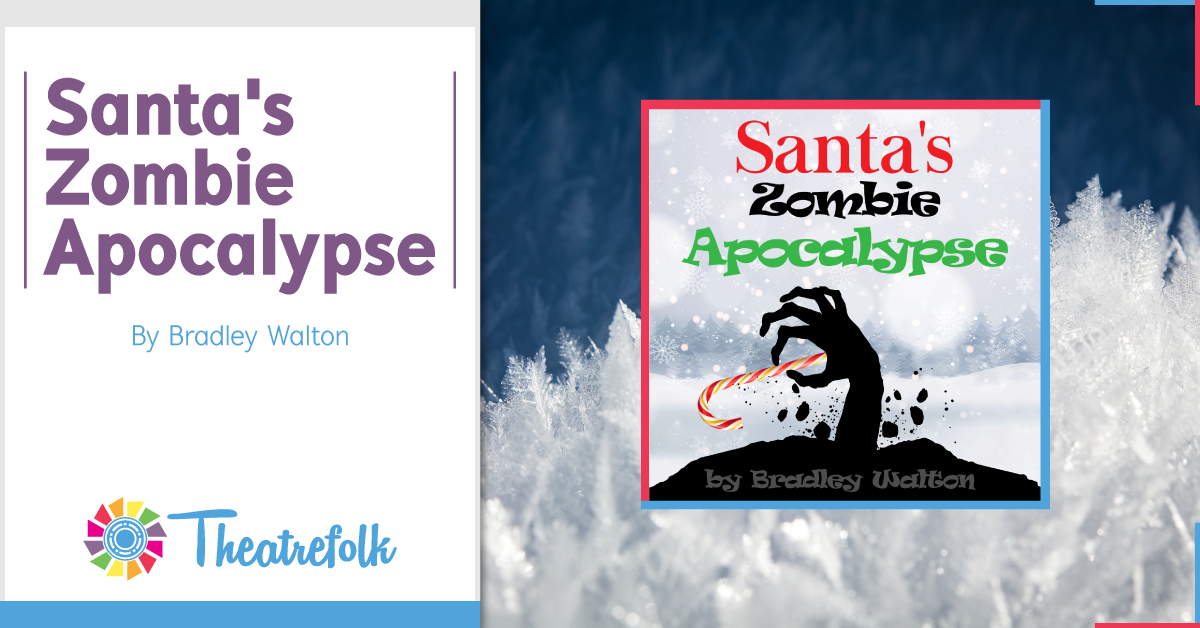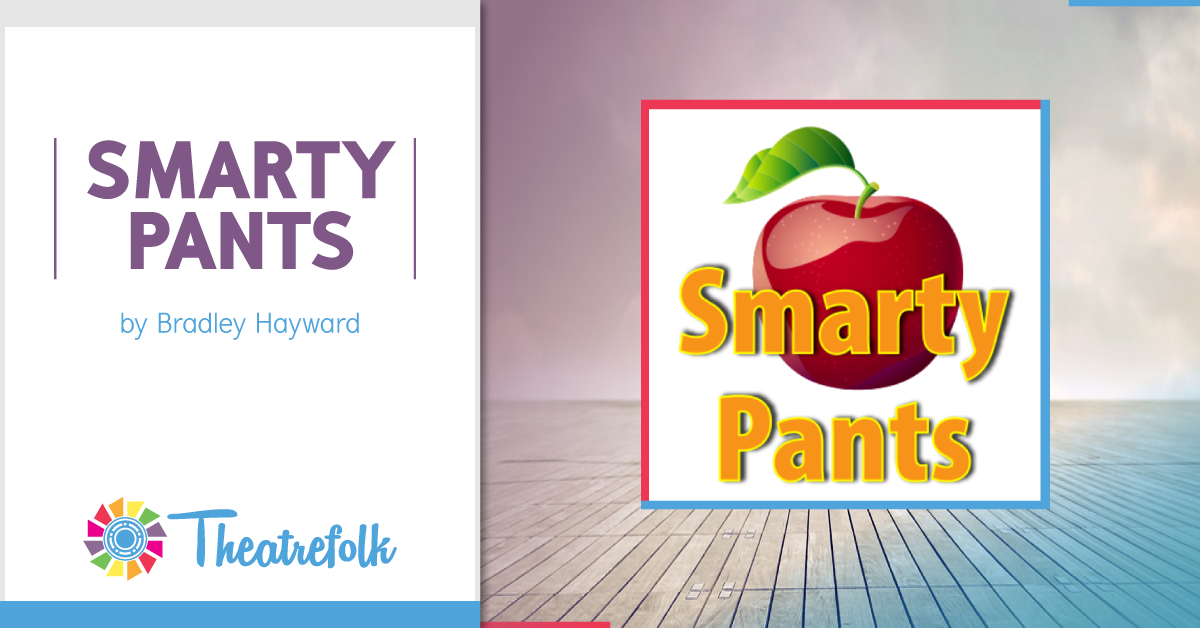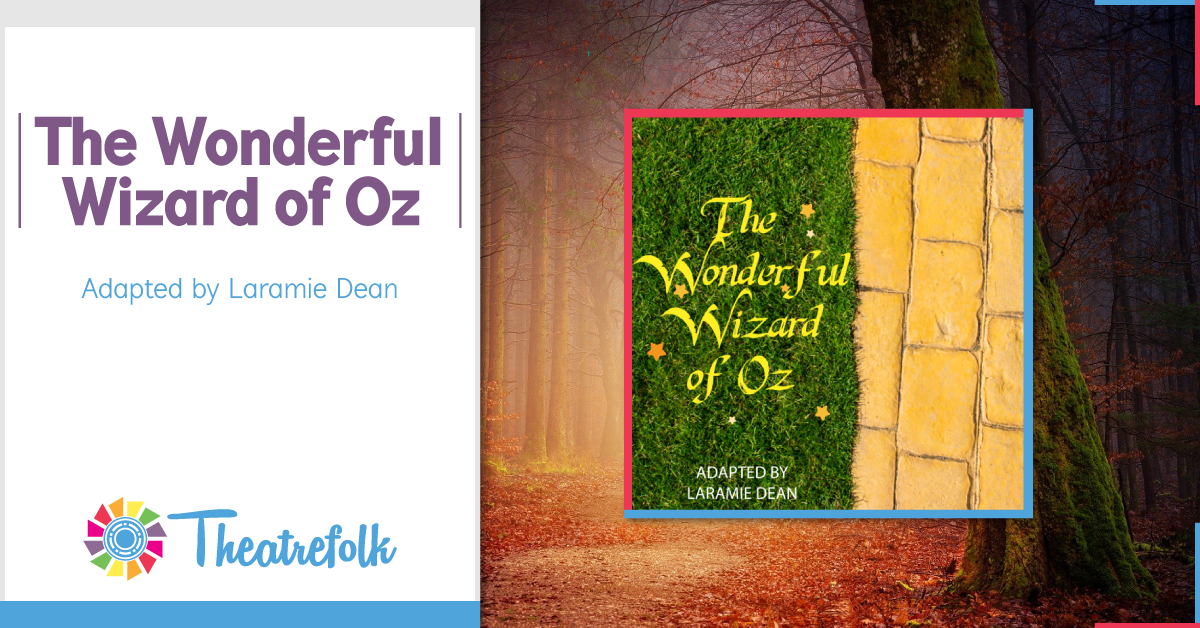Theatrefolk Featured Play – Mummu by Kirk Shimano
Welcome to our Featured Play Spotlight. Mummu by Kirk Shimano is a fantastic one-act play inspired by an ancient Sumerian myth depicting one of the first Mesopotamian gods.
Mummu is here to bring you a story. A good story with a great emotional landscape. Even deities who exist on an eternal plane don’t have time for bad theatre.
What can a reed, a feather, and some cow parts accomplish? Trying to find purpose in an indifferent world can seem impossible. You can never make something without unmaking something else.
The characters in this play are not bound by any limitations of gender, race, or other categories, and the play can be staged with no sets of any kind.
Why did we publish this play?
This play offers a myth that 1) I have never heard from, and 2) An area of the world who’s stories I am unfamiliar with. That makes it a double win! Add to that, great characters (who doesn’t want to play the Intestines of a cow?) and great storytelling.
Get this play now! (and don’t forget the accompanying study guide!)
Let’s hear from the author!
1. Why did you write this play?
There is an indie theater group in the Bay Area named the “San Francisco Olympians”. Each year the company’s founder, Stuart Bousel, picks out a list of mythological figures and all of the contributing writers come up with ideas for plays. The year that Mummu was one of the options, I was immediately drawn to that god’s dual role in both making and unmaking. I was excited to take mythology that would not be familiar to most of the audience and use it as a springboard for exploring something human and relatable.
2. Describe the theme in one or two sentences.
There are times when the thing we have rested the most hope upon just does not work out, but confronting that and moving on can be a success of its own.
3. What’s the most important visual for you in this play?
It’s the dual images of our protagonists’ pure joy when they unite for their first flight, then the shock when this is suddenly unmade and they fall apart. I think seeing the high and the low in succession is what gives us the full scope of what is gained and lost.
4. If you could give one piece of advice for those producing the play, what would it be?
Each of our three heroes has a very different outlook on life, and this informs what their idea of a happy ending would be. I think the more the audience can connect with these emotions, the more invested they will feel in the play’s outcome.
5. Why is this play great for student performers?
Given that none of the characters are limited by being human, the parts were written so that any person of any background could perform any role. I hope this provides students an opportunity to really play with the casting, maybe allowing individuals to play a type of role they felt was not open to them before.
6. Why is this play great for online performances?
It’s really important that we feel the connection between the characters here, and that can be one of the most difficult elements to preserve when performing a play online. I think starting by thinking about the ways you can make the growing friendship between our heroes as immediate as possible will lead to a more successful performance.



